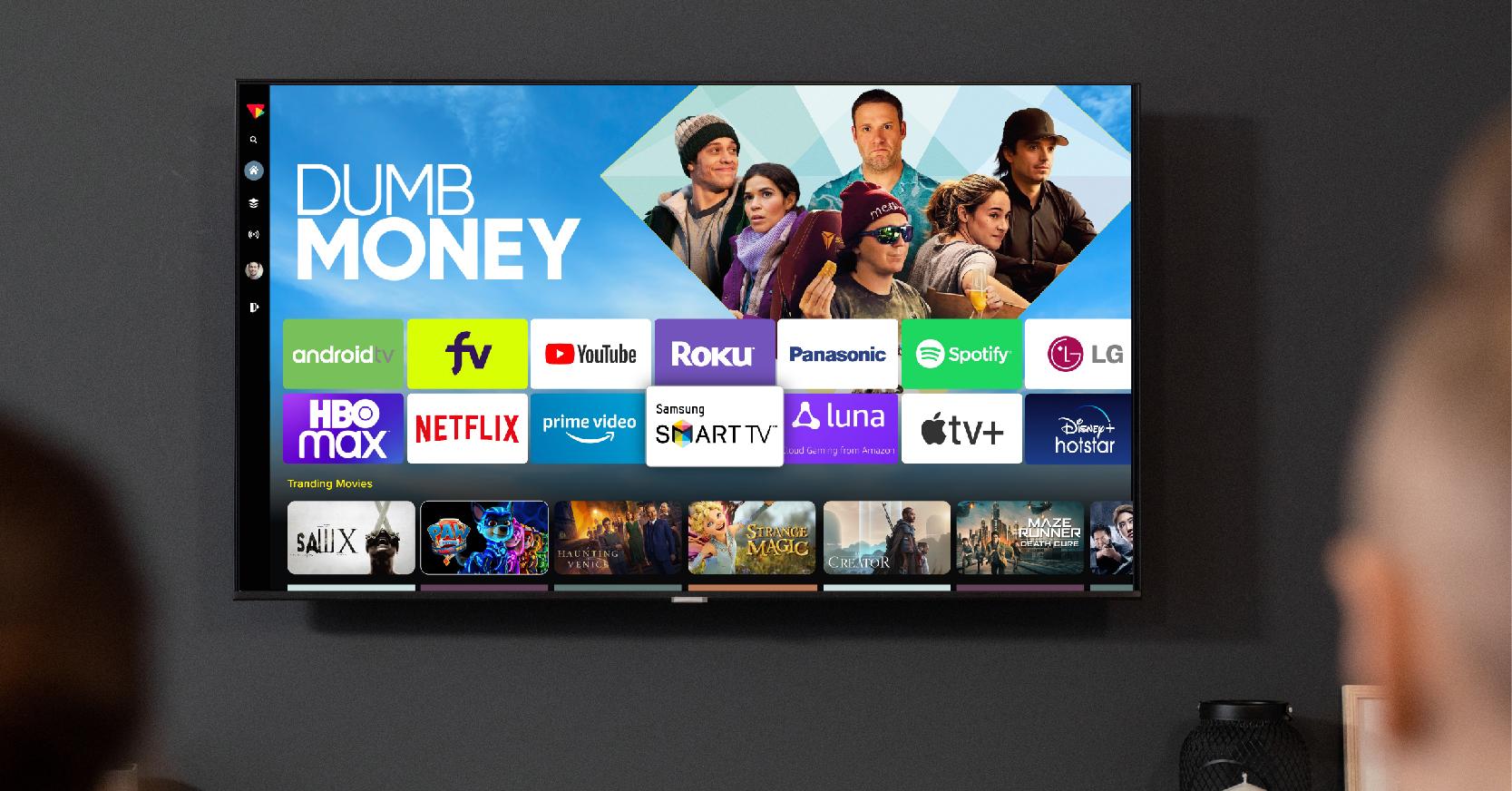Little Known Facts About Apollo Group Tv.
Little Known Facts About Apollo Group Tv.
Blog Article
How Apollo Group Tv can Save You Time, Stress, and Money.
Table of ContentsApollo Group Tv for DummiesMore About Apollo Group TvThe smart Trick of Apollo Group Tv That Nobody is DiscussingUnknown Facts About Apollo Group Tv
In this situation, instead than having three-minute commercial areas throughout a 30-minute tv program, television programming may transform to one where a consumer will be needed to have a monthly registration, to ensure that they cen sight targeted banner advertisements. This kind of advertising and marketing already takes place online, and the amount of information tv companies collect permits them to do similar.Describe the significant fads among the broadcasting and cord networks. Popular radio shows such as authorities drama Dragnet and western cowboy collection Gunsmoke were adjusted for television, and brand-new Television shows were funded by solitary advertisers, just as radio programs had actually been.
Today, the television sector is much more intricate. Programs are sponsored by multiple marketers; programs is managed by major media corporations; and the three significant networks no longer control the airwaves yet rather share their audiences with numerous wire channels. Several variables represent these trends within the sector, including technological growths, government regulations, and the production of new networks.

Some Of Apollo Group Tv
Also public television has actually ended up being subject to the impact of advertising and marketing. Established in 1969, (PBS) created out of a report by the Carnegie Commission on Educational Television, which examined the duty of educational, noncommercial tv on society. The record recommended that the federal government financing public tv in order to supply diversity of programs throughout the network eraa solution created "not to sell items" but to "boost citizenship and civil service (McCauley, 2003)." Public tv was also meant to offer universal accessibility to television for visitors in rural locations or visitors who might not manage to pay for exclusive television services.
The duration in between 1950 and 1970 is historically identified as the. Apart from a tiny portion of airtime regulated by public television, the 3 major networks (referred to as the Big Three) controlled the television sector, collectively accounting for greater than 95 percent of prime-time watching. In 1986, Rupert Murdoch, the head of international business Information Corp, released the Fox network, challenging the prominence of the Big Three.
Targeting young and minority target markets with shows navigate to these guys such as Buffy the Vampire Killer, Moesha, Dawson's Creek, and The Wayans Bros., the brand-new networks wished to draw terminals away from their old network associations. Rather than repeating the success of Fox, UPN and WB struggled to make an impact. Unable to attract lots of associate stations, both recently established networks got to less homes than their bigger competitors since they were impossible in some smaller cities.
This decision paved the way for the development of cable movie networks, adding to the rapid development of cord in the 1980s and 1990s. apollo tv. More deregulation of cord in the 1984 Cord Communications Policy Act removed constraints on wire prices, allowing operators to charge what they desired for cord services as long as there was effective competitors to the solution (a standard that over 90 percent of all cable markets can satisfy)
Some Known Incorrect Statements About Apollo Group Tv

Having actually created the very first "superstation," Turner increased his realm by establishing 24-hour information network CNN in 1980. At the end of the year, 28 national programming solutions were available, and the cable television change had begun. Over the next decade, the sector underwent a period of fast development and appeal, and by 1994 audiences might pick from 94 basic and 20 premium cable television solutions.
Number 9 - https://www.kickstarter.com/profile/apollogtv01/about.16 Enhanced competitors from cable channels has actually caused a stable decline in the networks' target market ratings. During the 1950s, the expense of generating a single television program raised as shows became longer and manufacturing prices soared. Sponsorship on network television moved from solitary sponsorship, in which a program was totally sustained and produced by one advertiser, to several sponsorship, in which marketers acquired 1- or 2-minute spots on the show
Pick one of the Big 4 networks and publish out its weekly programs routine. Enjoy the network's prime-time programs over the training course of a week, keeping in mind the target demographic for each show.
All About Apollo Group Tv

Direct television, usually referred to as conventional broadcast television, incorporates wire and satellite television. It's called "linear" since material adheres to a fixed programming schedule, unlike on-demand content which the individual audience makes a decision to enjoy based upon their very own choices and timetable. So, when you ask, "What is linear TV?", think about it as the traditional method of enjoying television that has actually been around for years.
Report this page